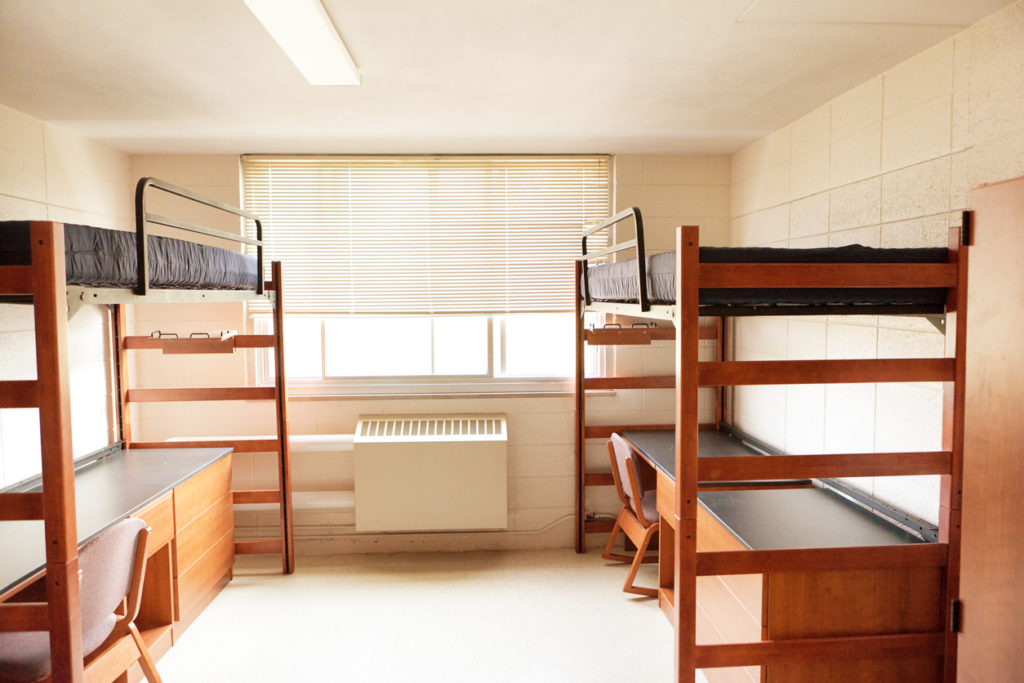Now that the Pennsylvania State System of Higher Education (PASSHE) board has advanced (at least to the public comment stage) the merging of six of the system’s 14-member schools into two, the issue of heavy debt advances to the forefront.
But will the elephant in the room?
No doubt PASSHE’s estimated half-billion-dollar debt is an intractable problem. But how it’s managed will determine whether the system is serious about “reform” or still all too willing to yet again stick it to taxpayers.
The system’s board of governors voted Wednesday to begin a 60-day public comment period in advance of a final vote in July. Under the plan, if approved, California, Clarion and Edinboro universities would combine and so, too, would Bloomsburg, Lock Haven and Mansfield universities.
Specific details have been few and far between.
Pacing the debt? Residence halls. A building boom met severely declining enrollment. Dorms at Lock Haven are 84 percent empty. Those at Edinboro are 58 percent vacant. At California? A 48 percent echo chamber. Kutztown’s residence halls sit 42 percent empty.
All in all, 8,700 PASSHE dorm rooms were not being used (as of a February accounting).
Bad luck of the draw? Poor planning? Who knows.
At least for the western properties, PASSHE says alleviating the financial pressures associated with that debt “requires an ongoing partnership with the commonwealth … including selected building acquisition and/or targeted support for debt service payments.”
What exactly that means isn’t clear. But, do remember, the “commonwealth” is all of you. As in, all of your wallets.
And as the Allegheny Institute often has detailed, PASSHE’s financial problems run far deeper than bricks-and-mortar debt. It involves a very large elephant that, at least for public policy makers, has been hiding in plain sight.
“In sum, the consolidation, right-sizing, and in general, the optimization of the state-owned universities will be a stupendous challenge because of union contracts and decisions about degree programs to be cut or reduced. But that will just be the beginning,” says Jake Haulk, president-emeritus of the Pittsburgh think tank.
Given that “overly generous compensation packages for employees” also are to blame, Haulk reiterates that “getting rid of faculty unions might be the most effective measure that could be taken.”
Or, in the least, eliminating their right to strike, which remains nothing more than a cudgel constantly held high by organized labor with a disorganized view of sound economics.
After all, as the Ph.D. economist — who has researched the State System’s financial and operational woes exhaustively — also reminds, “Unions are inimical to containing costs, education excellence and management prerogatives such as hiring decisions and layoffs.”
And until PASSHE’s union elephant is addressed — no matter how unlikely it might be – any State System “reform” will shortchange sound system financial and educational operations and the public purse.
Colin McNickle is communications and marketing director at the Allegheny Institute for Public Policy (cmcnickle@alleghenyinstitute.org).



